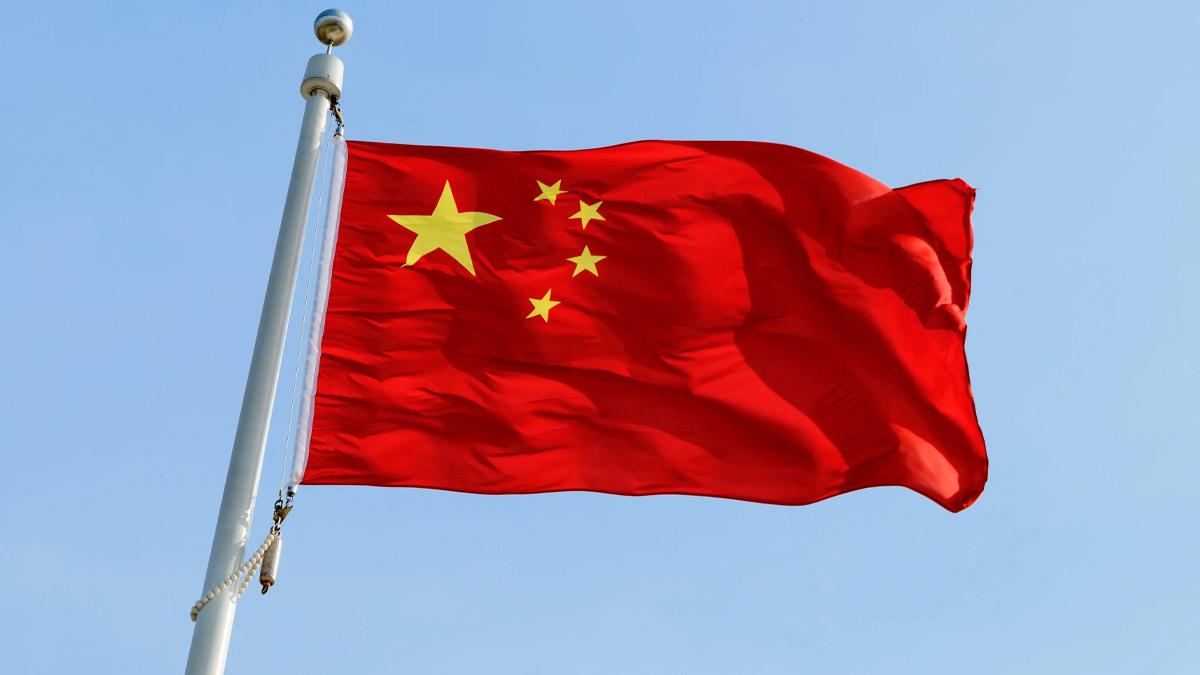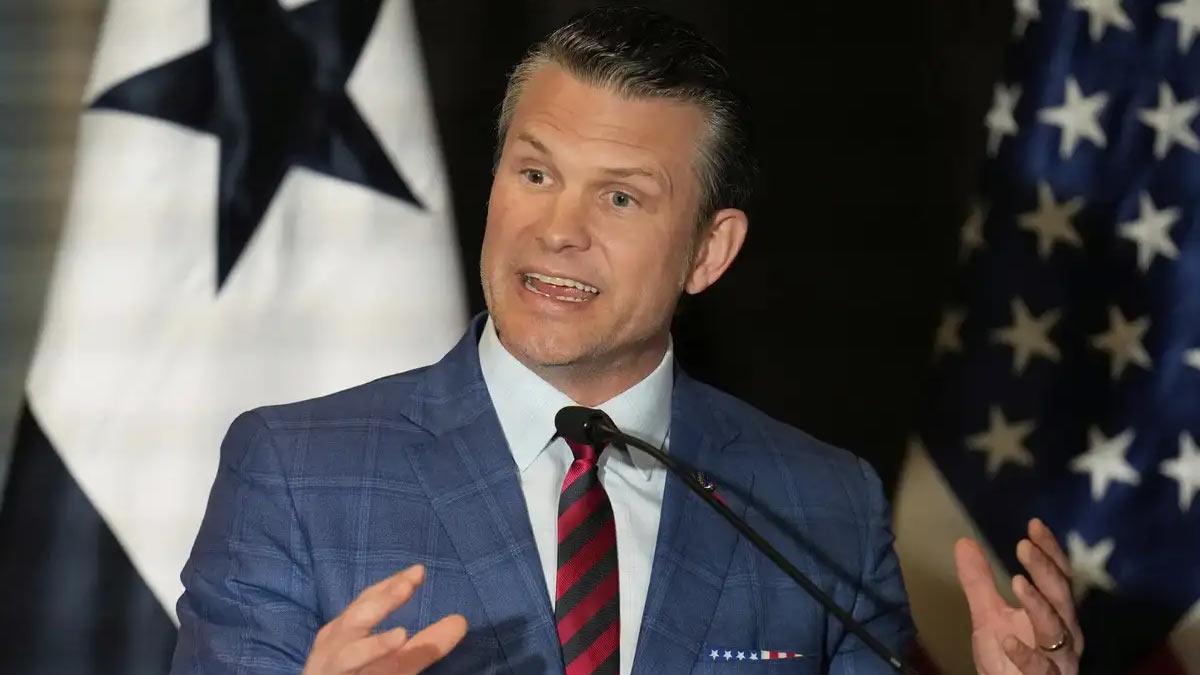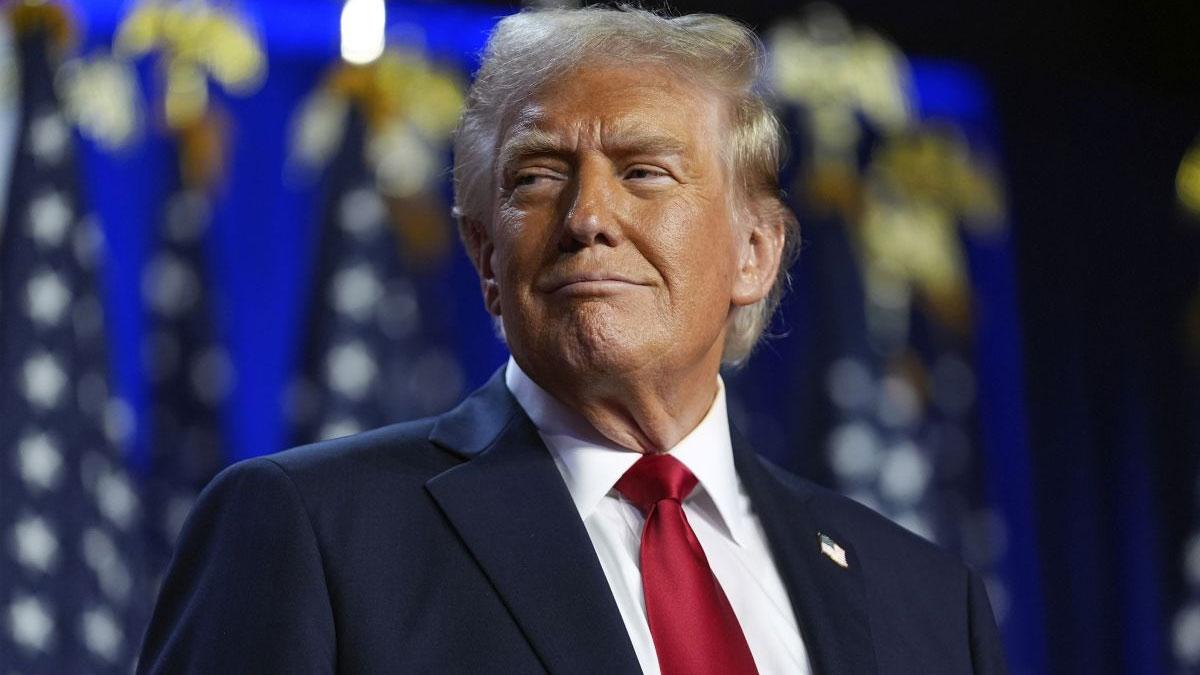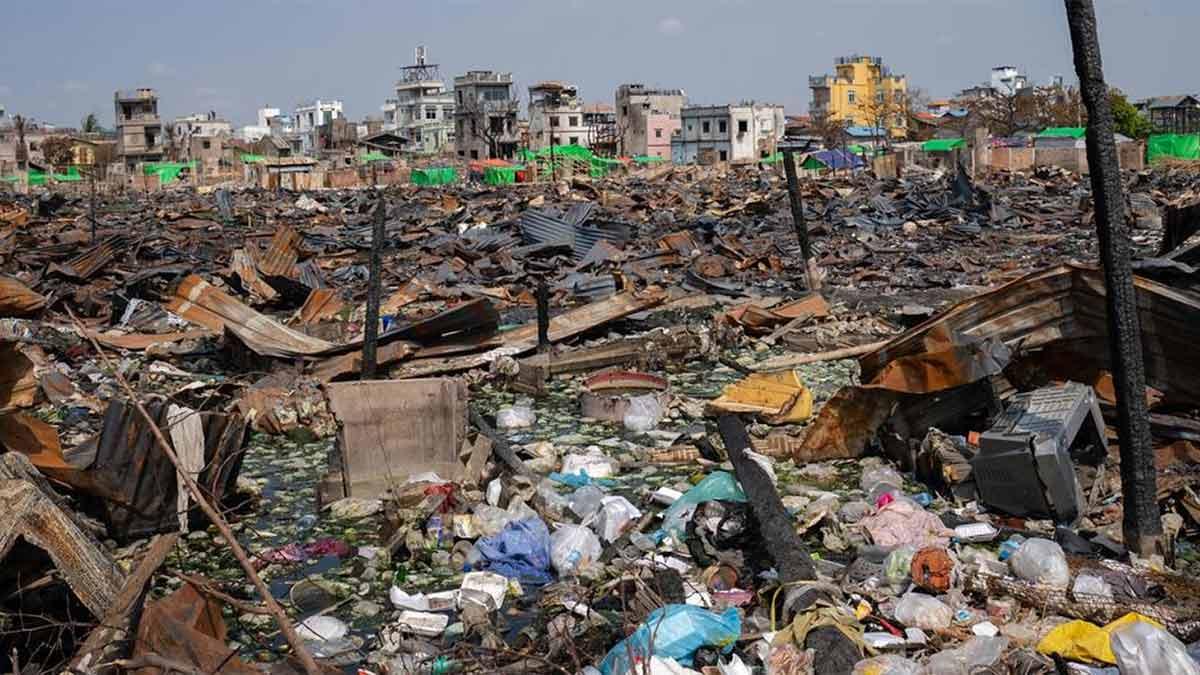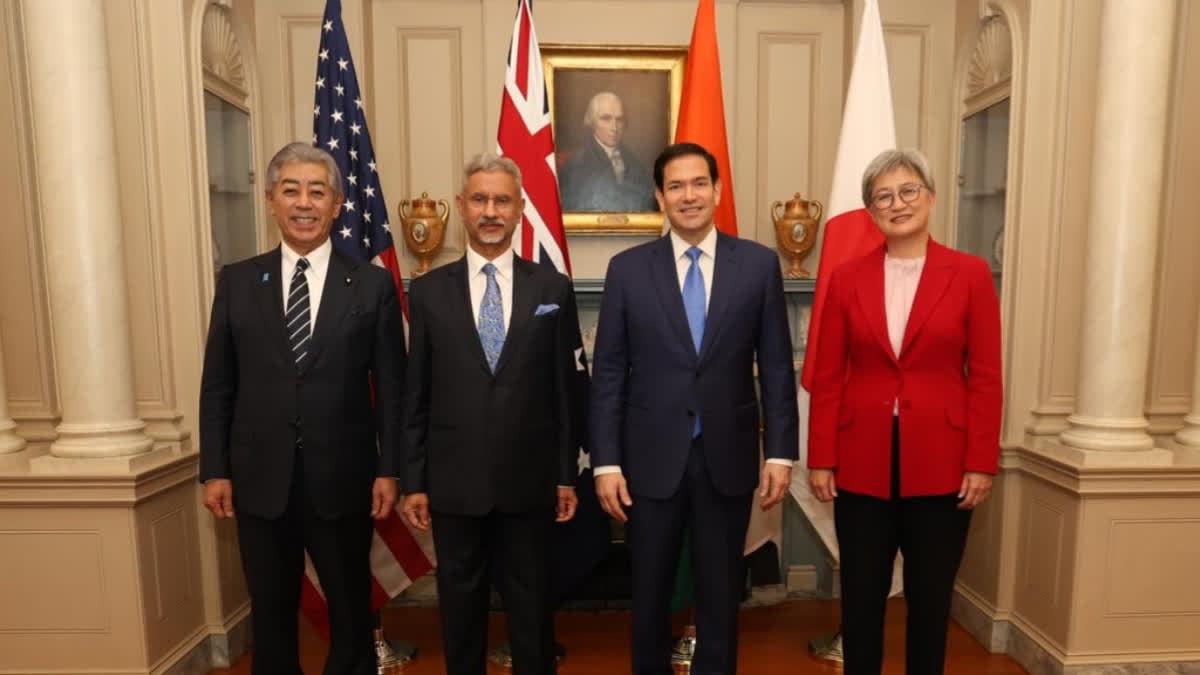China's security chief visited Tibet last week and directed the local authorities to toughen their crackdown against separatists as the US stepped up its support for the region by passing a new law pressing Beijing to talk to the Dalai Lama.
Chen Wenqing, head of the Central Political and Legal Affairs Commission, the ruling Communist Party's top security body, toured the Tibet Autonomous Region (TAR) and some of the 10 Tibetan autonomous prefectures across Yunnan, Sichuan, Gansu, and Qinghai last week and inspected security. The leaders called for a resolute crackdown against separatists.
He must have been preparing them for his campaign message when he asked the local officials to maintain stability and guard against independence activities, said the Hong Kong-based South China Morning Post on Monday. His visit happened at a time when China has been beefing up security in Tibet ahead of the 75th anniversary of the founding of the People's Republic to be marked on October 1.
The country's senior judges and prosecutors have also made the rounds in Tibet. Zhang Jun, president of the Supreme People's Court, visited Tibetan courts last week and said it was necessary to hand down tough punishment to keep up the pressure on "violent terrorism, ethnic separatism and other serious criminal crimes," the Post reported.
In early March, Ying Yong, the head of the Supreme People's Procuratorate, also visited public prosecutors' offices in Tibet. He stated that according to the law, public prosecutors should crack down severely on all sorts of separatist infiltration, sabotage activities, and crimes that endanger national security.
July saw the US pass the Resolve Tibet Act, increasing its support for Tibet and encouraging dialogue between China and the Dalai Lama toward a peaceful resolution of the dispute over the status and governance of the distant Himalayan region. During an event organised by the IPA in India's capital city, President Joe Biden, in his address on signing of legislation passed by US Senate and the Congress in July said it reflected the bipartisan commitment in America to advance human rights of Tibetans and support efforts to preserve their linguistic, cultural and religious heritage.
He also urged Beijing to resume direct dialogue, without preconditions, with the Dalai Lama, or his representatives, to "seek a settlement that resolves differences and leads to a negotiated agreement on Tibet."China opposed the Resolve Tibet Act, referring to it as a destabilising Act. The Act increases US support for Tibet — allowing State Department officials to actively and directly counter disinformation about Tibet from the Chinese government. It rejects Beijing's claims of Tibet having been part of China since ancient times and instead calls for talks without preconditions between the Chinese government and the Dalai Lama or his representatives or the democratically elected leaders of the Tibetan community.
Last month, China lodged serious protest with the US after a senior Biden administration official met the Dalai Lama and reaffirmed Washington's commitment for advancing the human rights of Tibetans and supporting efforts to preserve their distinct historical, linguistic, cultural and religious heritage. While recuperating in New York after a successful knee replacement surgery, the US Under Secretary of State for Civilian Security, Democracy, and Human Rights and Special Coordinator for Tibetan Issues, Uzra Zeya, met the Dalai Lama.
Reacting to Zeya's meeting with the Dalai Lama, Chinese Foreign Ministry spokesperson Mao Ning last month told a media briefing here that the 14th Dalai Lama is not a pure religious figure still less a figure advocating non-violence and peace but a political exile engaged in anti-China separatist activities under the cloak of religion.
The country "strongly objects to any country permitting visits from the Dalai Lama under any excuse and opposes officials of any country meeting the Dalai Lama in whatever name, form, or guise," she said. "We have lodged a serious protest with the US. The appointment of the so-called US Special Coordinator for Tibetan Issues constitutes interference in China's internal affairs. China has never recognized it," Mao said.
Read also| Trump Assures He is 'Safe and Well' Following Shooting Incident
Read also| EAM Jaishankar Meets German Chancellor Olaf Scholz, Delivers PM Modi's Personal Greetings

